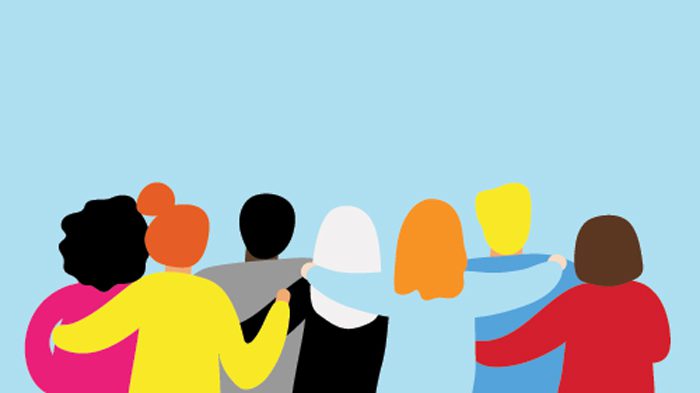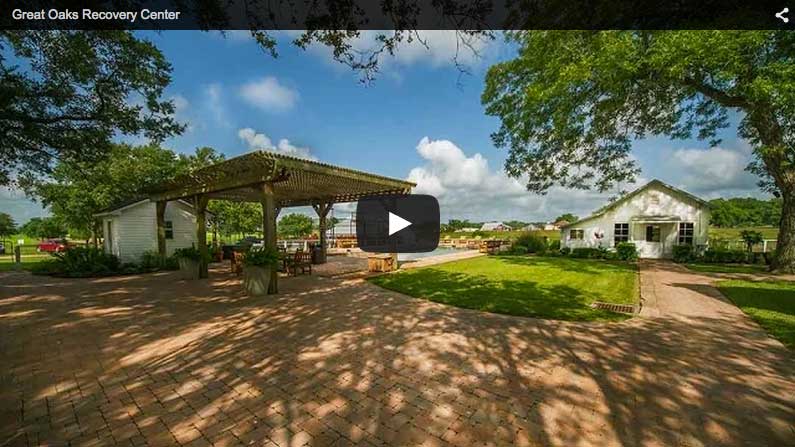 Twelve-step programs are one of the most popular types of addiction treatment available to people living with substance abuse. This type of peer-directed program was originally developed in 1935 to help those battling alcohol addiction. Now a number of similar programs are being used to treat an entire range of addictions, such as excessive working, drug use, gambling, shopping, and smoking.
Twelve-step programs are one of the most popular types of addiction treatment available to people living with substance abuse. This type of peer-directed program was originally developed in 1935 to help those battling alcohol addiction. Now a number of similar programs are being used to treat an entire range of addictions, such as excessive working, drug use, gambling, shopping, and smoking.
What is a 12-Step Program?
Each 12-step program varies slightly, depending on the type of addiction it treats. The participants work through a series of steps in order and attend meetings to support each other as they are completing the steps. Some people who have completed their 12 steps continue to attend meetings out of a desire to help others.
There are also 12-step programs available for the loved ones of those living with an addiction. These programs are different from the ones that exist for people trying to get and stay sober. They were developed to break codependent patterns that family members and friends may have developed, often without realizing it, with the addicted person in their lives.
Reasons Why 12-Step Programs are Popular
These types of programs may appeal to people for a number of reasons. The following list isn’t meant to be a comprehensive one; each person who attends a 12-step program may have their own reasons why they feel it’s right for them.
Twelve-step programs are free
Each group is self-supporting and relies on donations from group members to rent space for meetings, buy coffee and related supplies, etc. There is no cost to join a group or to attend meetings. Members may donate money if they are able, but this is not a requirement.
What is discussed at a meeting stays private
The word “Anonymous” in the group’s name is taken very seriously. Members generally know each other on a first-name basis only. Anything that is shared during a meeting is held in the strictest confidence. Members need to feel comfortable talking about their experiences and the challenges they are facing so they can get support and advice from others who have experienced similar challenges.
Program is open to members of all religious faiths
The 12 Steps encourage members to draw support from a “Higher Power.” “Higher Power” is open to interpretation. To a person of faith, the Higher Power can be God, in whatever form the person perceives God to be. People who are agnostic or atheist might choose to interpret the universe, life force, or conscience as their Higher Power.
Members can attend meetings as often as they need to
Depending on where someone is in their recovery, they may need to go to meetings daily (or even more than once each day) or several times a week to get support from fellow members. No matter how often someone attends a meeting, they will always find a supportive environment.
There is no limit on how long someone can attend meetings
Members can attend meetings for as long as they wish. Someone who is “working” their steps would likely go to meetings regularly to get support as they complete the program. The 12 steps are not something that should be rushed; each step takes time to process and should be fully completed before moving on to the next one.
Members who relapse are always welcomed back
Addiction is a chronic illness of the brain that carries a risk of relapse. If someone who has been attending a 12-step program (or who had been going to meetings and stopped) has a slip or a full-blown relapse, they are always able to come back into the program.
Twelve Steps at Great Oaks Recovery
At Great Oaks Recovery Center in Egypt, Texas, we believe that 12-step programs are an important part of our clients’ recovery from drug and alcohol addiction. We offer a full continuum of addiction treatment services, from detoxification to residential treatment programs to continuing care. Contact us today for more information for yourself or a loved one.


